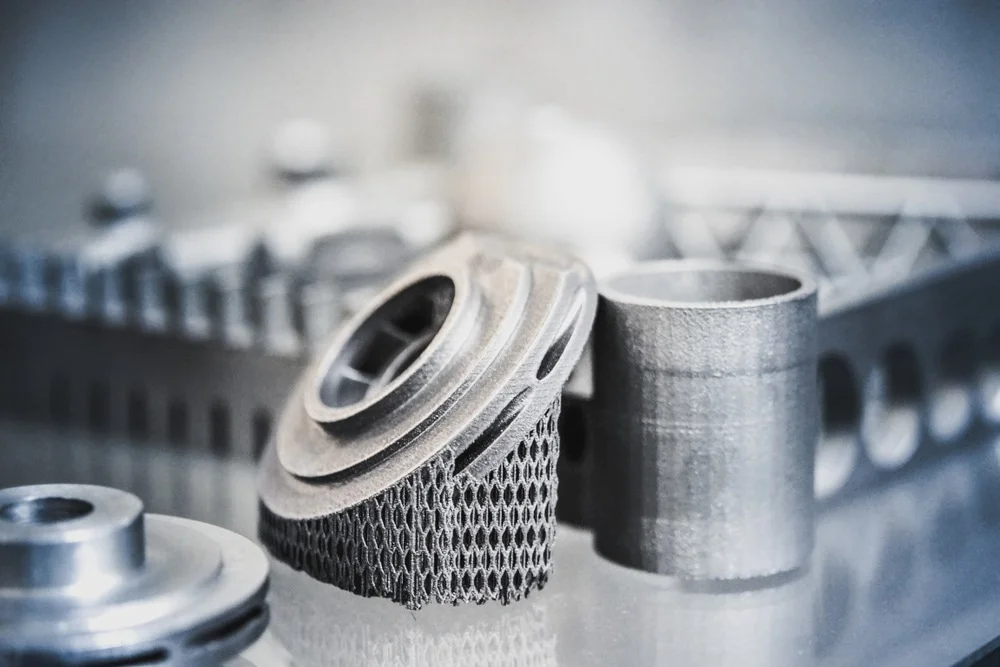ISO 10720 Hydrogen Testing of High Temperature Alloys
The ISO 10720 standard provides a comprehensive framework for assessing the hydrogen-induced cracking resistance properties of high temperature alloys used in critical industrial applications. This testing is essential to ensure that materials can withstand the harsh environmental conditions often encountered in sectors such as aerospace, power generation, and chemical processing.
High-temperature alloys are typically subjected to severe mechanical stress combined with exposure to corrosive environments rich in hydrogen. The presence of hydrogen can lead to embrittlement and subsequent cracking, which may compromise the structural integrity of components. ISO 10720 aims to quantify the resistance of these materials against such cracking through a series of carefully designed tests.
The testing procedure involves subjecting specimens to specific conditions that mimic real-world operating environments. These conditions include controlled temperature ranges and hydrogen atmospheres, which simulate the service conditions in industrial settings like gas turbines or petrochemical plants. The primary objective is to determine the threshold for hydrogen-induced cracking within a specified time frame.
The methodology employed under ISO 10720 ensures consistency across various testing facilities by standardizing key parameters such as temperature control, humidity levels, and specimen preparation techniques. This approach guarantees reliable results that are reproducible and comparable between different laboratories worldwide.
Specimens prepared for ISO 10720 hydrogen tests typically consist of small samples cut from larger parts intended for use in high-temperature applications. These specimens undergo rigorous quality assurance checks before being subjected to the test regime. Specimen preparation is critical as even minor deviations can affect the outcome of the tests.
The testing apparatus used includes specialized furnaces capable of maintaining precise temperature and humidity levels throughout the duration of the experiment. Gas delivery systems ensure consistent exposure to hydrogen, while data acquisition devices capture crucial information regarding specimen behavior during the test period. The use of advanced sensors allows for real-time monitoring of key variables like temperature fluctuations and crack initiation.
Upon completion of the testing cycle, detailed analyses are conducted on each sample to assess their susceptibility to hydrogen-induced cracking. Visual inspections alongside microstructural examinations provide valuable insights into potential flaws or weaknesses in material design. These findings form the basis for recommending appropriate measures to enhance resistance against hydrogen embrittlement and subsequent cracking.
The results obtained from ISO 10720 testing play a crucial role in guiding decisions related to material selection, process optimization, and quality assurance protocols within industries reliant on high-temperature alloys. By adhering strictly to this international standard, manufacturers can ensure compliance with regulatory requirements while also enhancing product reliability and safety.
Understanding the nuances of ISO 10720 testing helps stakeholders appreciate its significance in maintaining robust performance standards for critical components operating under challenging conditions. The insights gained from these tests contribute significantly towards developing more resilient materials capable of enduring prolonged exposure to harsh environments without compromising on structural integrity or operational efficiency.
Scope and Methodology
The scope of ISO 10720 hydrogen testing encompasses the assessment of high-temperature alloys' resistance to hydrogen-induced cracking under controlled laboratory conditions. The methodology involves subjecting specimens to specific temperature ranges, humidity levels, and hydrogen atmospheres that replicate actual service environments.
| Parameter | Description |
|---|---|
| Temperature Range | From 300°C up to the maximum operating temperature of the alloy |
| Humidity Levels | Ranges from dry conditions to fully saturated environments |
| Hydrogen Atmosphere | Varies based on the specific requirements of the alloy being tested |
The testing process begins with careful preparation of the specimens, ensuring they meet strict dimensional and surface finish criteria. Once prepared, the samples are subjected to the prescribed test conditions for a specified duration. Throughout this period, continuous monitoring is performed using advanced instrumentation to capture detailed data points related to specimen behavior.
Upon completion of the testing cycle, comprehensive analyses are carried out on each sample. This includes visual inspections and microstructural examinations aimed at identifying any signs of hydrogen-induced cracking or other defects. The results obtained serve as valuable inputs for further refinement of material compositions and processing techniques.
The methodology outlined in ISO 10720 ensures a standardized approach to testing, facilitating consistent and reliable outcomes across different laboratories worldwide. By following this internationally recognized standard, manufacturers can ensure their products meet stringent quality standards while also complying with relevant regulatory requirements.
Industry Applications
- Aerospace: Ensuring the longevity of turbine blades and other critical components in jet engines.
- Power Generation: Verifying the integrity of gas turbines used in power plants.
- Chemical Processing: Assessing materials for use in reactors and vessels handling corrosive chemicals.
- Petrochemical: Evaluating suitability of alloys for pipelines and storage tanks containing hydrogen-rich environments.
The rigorous testing procedures prescribed by ISO 10720 are particularly relevant to industries where the reliability of high-temperature alloys is paramount. By adhering strictly to these standards, manufacturers can enhance product performance while also ensuring compliance with regulatory requirements.
Use Cases and Application Examples
The following table illustrates some typical use cases for ISO 10720 hydrogen testing:
| Use Case | Description |
|---|---|
| Turbine Blade Testing | Determining the resistance of nickel-based alloys to hydrogen cracking in gas turbine engines. |
| Pressure Vessel Inspection | Evaluating the integrity of stainless steel pressure vessels used in chemical processing plants. |
| Petrochemical Plant Evaluation | |
| Gas Turbine Reliability Assurance | Ensuring the longevity and safety of high-temperature alloy components used in gas turbines. |
The results from these tests provide critical information that helps manufacturers make informed decisions regarding material selection, process optimization, and quality assurance protocols. By adhering to ISO 10720 standards, industries can enhance product reliability while also ensuring compliance with regulatory requirements.





